Summary | Excerpt | Reviews | Beyond the book | Read-Alikes | Genres & Themes | Author Bio
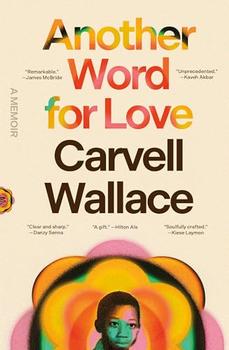
A Memoir
by Carvell WallaceA transformative memoir that reimagines the conventions of love and posits a radical vision for healing.
In Another Word for Love, Carvell Wallace excavates layers of his own history, situated in the struggles and beauty of growing up Black and queer in America.
Wallace is an award-winning journalist who has built his career on writing unforgettable profiles, bringing a provocative and engaged sensitivity to his subjects. Now he turns the focus on himself, examining his own life and the circumstances that frame it—to make sense of seeking refuge from homelessness with a young single mother, living in a ghostly white Pennsylvania town, becoming a partner and parent, raising two teenagers in what feels like a collapsing world.
With courage, vulnerability, and a remarkable expansiveness of spirit—not to mention a thrilling, and unrivaled, storytelling verve—Another Word for Love makes an irresistible case for life, healing, the fullness of our humanity, and, of course, love. It could be called a theory of life itself—a theory of being that will leave you open to the wonder of the world.
"I write about beautiful things because I live in a country that has tried to kill me and every single one of my ancestors." This might serve as Carvell Wallace's mission statement. His memoir candidly acknowledges wrongs that have been done—to him personally and to Black people collectively. But he also relates what he has learned about sexuality and spirituality, both of which provoke openness to love and wonder. Marriage and parenting, overcoming addiction, his mother's death, and the pandemic are other topics in these varied and relatable autobiographical essays. Together they depict the chronological sweep of Wallace's life. Readers who expect or prefer a traditional memoir may be frustrated by the structure. This wasn't my usual reading fare, but it's worth taking a risk to encounter an original new voice...continued
Full Review
 (756 words)
(756 words)
(Reviewed by Rebecca Foster).
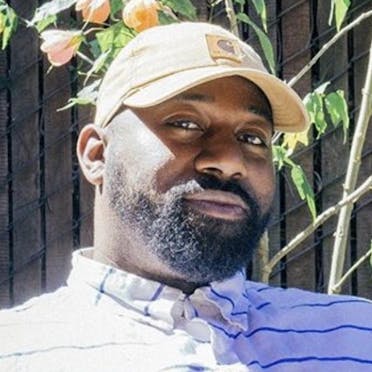 Carvell Wallace's debut memoir, Another Word for Love, explores how spirituality and embracing his queer identity helped him heal from childhood trauma. The journalist and podcaster is known for co-writing basketball player Andre Iguodala's 2019 memoir The Sixth Man and for his Peabody Award–nominated podcast series Finding Fred (2019). He lives in Oakland, California and lectures in the Narrative Department at the UC Berkeley School of Journalism. Wallace spoke with BookBrowse's Rebecca Foster about accessing the past and pondering the concept of goodness.
Carvell Wallace's debut memoir, Another Word for Love, explores how spirituality and embracing his queer identity helped him heal from childhood trauma. The journalist and podcaster is known for co-writing basketball player Andre Iguodala's 2019 memoir The Sixth Man and for his Peabody Award–nominated podcast series Finding Fred (2019). He lives in Oakland, California and lectures in the Narrative Department at the UC Berkeley School of Journalism. Wallace spoke with BookBrowse's Rebecca Foster about accessing the past and pondering the concept of goodness.
Rebecca Foster: How did you arrive at the structure of the book? Did you write chronologically, or as scenes came to mind?
Carvell Wallace: The structure of ...

If you liked Another Word for Love, try these:
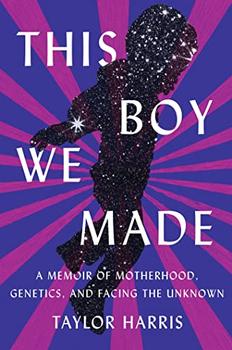
by Taylor Harris
Published 2023
A Black mother bumps up against the limits of everything she thought she believed - about science and medicine, about motherhood, and about her faith - in search of the truth about her son.
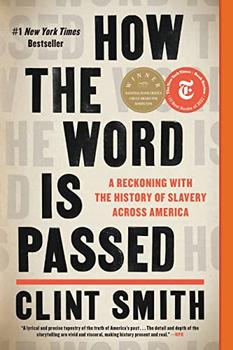
by Clint Smith
Published 2022
The Atlantic staff writer and poet Clint Smith's revealing, contemporary portrait of America as a slave owning nation.


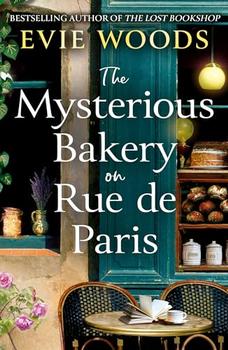
Believe those who are seeking the truth. Doubt those who find it.
Click Here to find out who said this, as well as discovering other famous literary quotes!